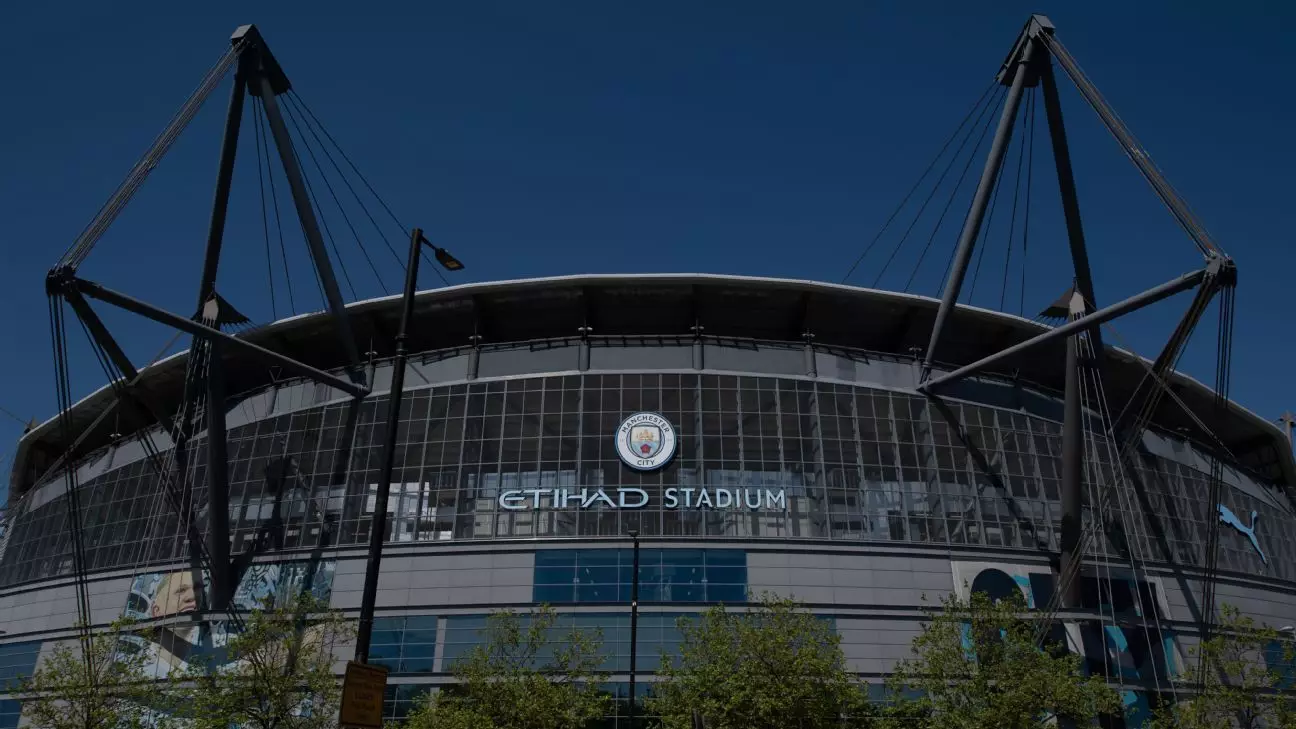The legal confrontation between Manchester City and the Premier League over the Associated Party Transactions (APT) rules has concluded, leaving both parties in a state of mutual assertions of victory. This arbitration case, distinct from ongoing independent hearings concerning City’s alleged violations of Premier League regulations, began in June and culminated in a detailed 175-page ruling from a three-person panel. The central question remains: Who truly came out on top, and what are the implications for the financial landscape of Premier League football?
The APT rules are pivotal regulations aimed at ensuring the fairness and transparency of commercial deals within the Premier League. Introduced in December 2021, these rules are intended to oversee sponsorship agreements between clubs and entities linked to their ownership, ensuring that such deals reflect fair market value (FMV) rather than inflated figures. This regulatory framework gained traction against the backdrop of rising concerns regarding financial integrity, particularly following the Saudi Arabia-backed acquisition of Newcastle United in the same year.
Manchester City, owned by Sheikh Mansour bin Zayed al Nahyan of Abu Dhabi, found these regulations particularly challenging, as they directly affect the numerous commercial arrangements the club has with UAE-based sponsors, notably Etihad Airways. The supposed aim of the APT rules is to foster a level playing field in the league and to protect clubs from becoming overly reliant on financially beneficial but potentially unfair deals tied to their ownership.
Following deliberation, the arbitration panel concluded that the APT system is an integral component of the Premier League’s competition rules. However, it also acknowledged that portions of these regulations are unlawful and require modification. This nuanced ruling gives both Manchester City and the Premier League ammunition to claim a form of victory: the league can assert the importance of the APT framework, while City can point to the panel’s rejection of the absolutism of the existing rules.
The panel explicitly stated that City’s concerns regarding discrimination against Gulf region clubs were unfounded, yet upheld its argument against the exclusion of shareholder loans from the APT regulations. This is a significant acknowledgement, as these interest-free loans have traditionally provided an avenue for owners to financially support their clubs without the immediate burden of conventional loan repayments.
The implications of the ruling extend beyond a mere legal skirmish; they highlight the financial dynamics of the Premier League. Various clubs, now facing scrutiny over their reliance on shareholder loans, could experience pressure to reassess their financial strategies. According to legal experts, the integration of shareholder loans into the APT assessment could challenge several clubs that have relied on these funds without the necessity of making interest payments—effectively opening a Pandora’s box of potential financial disparity among clubs.
City’s legal action raises deeper questions about the entire structure of financial regulations within the league, suggesting that more clubs may follow in City’s footsteps in challenging aspects of the regulations they find limiting. As Christopher Allen from Memery Crystal pointed out, the outcome could potentially encourage other clubs to seek reparations for past transactions that were vetoed under the previous APT rules.
While this ruling might appear to offer a tactical advantage for Manchester City, its direct implications for the ongoing independent hearings regarding alleged breaches of over 115 regulations remain somewhat isolated. The APT rules, as clarified by this ruling, only came into effect in 2021, which means that the previous charges against City regarding financial reporting from 2009-2018 will not be directly influenced by the current ruling.
Despite both the Premier League and City asserting that they have emerged victorious, it’s essential to consider the longer-term impact of this ruling on their reputations. The fact that the Premier League is required to amend parts of the APT framework could undermine its authority and raise scrutiny over its governance practices.
In the aftermath of this legal confrontation, the Premier League must tread carefully as it navigates the waters of financial regulation and compliance. The ruling emphasized the need for ongoing adaptation and vigilance to ensure fairness and integrity within the footballing ecosystem. As shareholder loans gain inclusion within the APT considerations, the landscape of sponsorship and financial backing in the Premier League is poised for transformation.
While both Manchester City and the Premier League might claim a form of victory from this arbitration process, the real significance lies in the shifting dynamics of league regulations, financial fair play, and the implications for clubs across the spectrum. The rulings may serve as an impetus for greater scrutiny and potential reform, resonating far beyond the immediate context of the City case.

